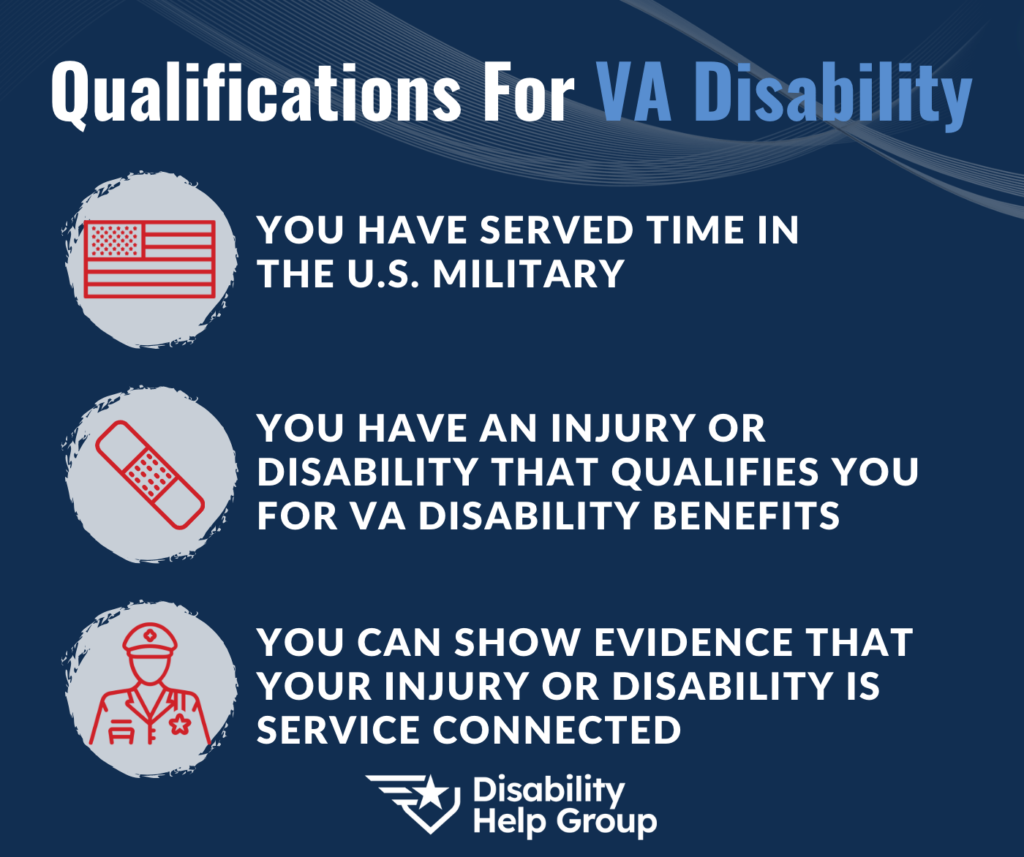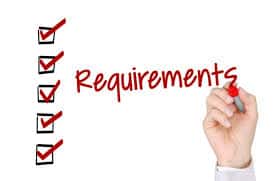TBI VA Disability Benefits
Unless there are special rules that apply, the VA will deny service connection for Traumatic Brain Injury (TBI) unless the Veteran can prove a:
- Current diagnosis,
- In-service event, disease or injury, and
- Medical nexus between the first 2 elements.
Reason for TBI C&P Exam
It is the veteran’s burden to prove he deserves the VA benefits. In certain circumstances, the VA must help the veteran meet his burden. A compensation & pension (C&P) exam is one example of how the VA helps veterans develop evidence. In a C&P exam, the VA asks a qualified professional to answer medical questions related to your claim.
When Should I Expect a TBI C&P Exam?
If you file a claim for a Traumatic Brain Injury based on sudden head trauma during service, then you should expect the VA to schedule a C&P examination.
A C&P exam can help VA answer the following medical questions:
- Does the veteran have a confirmed diagnosis of a Traumatic Brain Injury?
- Is it at least as likely as not that the TBI was caused or aggravated during active duty service?
- How severe are the residuals of the Traumatic Brain Injury?
Who Can Conduct a TBI C&P Exam:
- Neurologist,
- Neurosurgeon,
- Physiatrists, or
- Psychiatrist.
Diagnosis of A Traumatic Brain Injury
A Traumatic brain injury occurs when a sudden trauma causes damage to the brain. According to the Department of Defense, more than 313,816 service members have sustained a Traumatic Brain Injury in training or combat. Common causes of this kind of head trauma include blast-related concussion events resulting from training or combat. A Traumatic Brain Injury is known as a signature injury of the Iraq and Afghanistan wars due to the frequency of IED attacks. However, a simple fall down a 10-foot ladder could also damage the brain.

Always Document Your Injuries
If you cannot prove that your that your Traumatic Brain Injury is related to service, then the VA may assume that it happened after discharge. For this reason, it is critical that service members document any and all head injuries. Your case is much easier to win if head trauma is clearly documented in your service medical records. In the absence of official records, statements from witnesses would be helpful. If you file a claim for Traumatic Brain Injury without a confirmed diagnosis, then VA may refer you for a C&P exam.
Medical Nexus for TBI
After a TBI C&P exam confirms a diagnosis, the next question is: what caused it? Is it at least a 50/50 chance that the TBI was caused by in-service head trauma? If your doctor’s answer is “Yes” and he provides a reasonable explanation, then you have your medical nexus. If the doctor answers “No”, then you should consider a second opinion from a private doctor.
What Are Residuals Of A Traumatic Brain Injury?
Veterans with a Traumatic Brain Injury may experience problems long after the initial head trauma. These problems are known as residuals. During a TBI C&P exam, the doctor will determine which TBI residuals are present.
Traumatic Brain Injury residuals are broken down into the following 10 categories:
- Memory, attention, concentration, and executive functions –
- Judgment
- Social interaction
- Orientation
- Motor functions
- Visual-spatial orientation
- Subjective symptoms
- Neurobehavioral effects
- Ability to communicate
- Consciousness
TBI Rating, TBI C&P Exam
After the TBI C&P exam, the doctor will send a written report to the VA. The report will include how severe your residuals are. If the VA approves your claim, it will likely use this report to assign a percentage rating. VA rates TBI residuals on a scale of 0, 1, 2, 3, or total.
- 0 = 0% (normal functioning)
- 1 = 10% (mild)
- 2 = 40% (moderate)
- 3 = 70% (severe)
- Total = 100%
Every C&P exam involves the doctor asking questions of the veteran. The doctor relies on the veteran to explain his symptoms, some of which may not be present or observable on the day of the exam. Because memory deficits are common TBI residuals, a veteran should attend C&P exams with a spouse, family member, or friend who knows them well. They can fill in the blanks if the veteran is unable to either remember or communicate certain residuals during the exam.
A Veterans Disability Advocate Can Help You!
Working with the VA as a disabled veteran can be frustrating. Our expert Veterans Disability Advocates are here to help you through your VA Disability benefits process. Call us today at 800-800-3332 or click here to get in touch with a disability expert NOW.
Related Articles
- What is the Criteria for 70% TBI Disability Rating?
- How does VA rate Traumatic Brain Injury (TBI)?
- How to Appeal a Denied TBI Claim?
- What is VA Permanent and Total Disability?
- Can I Work and Get TDIU?







